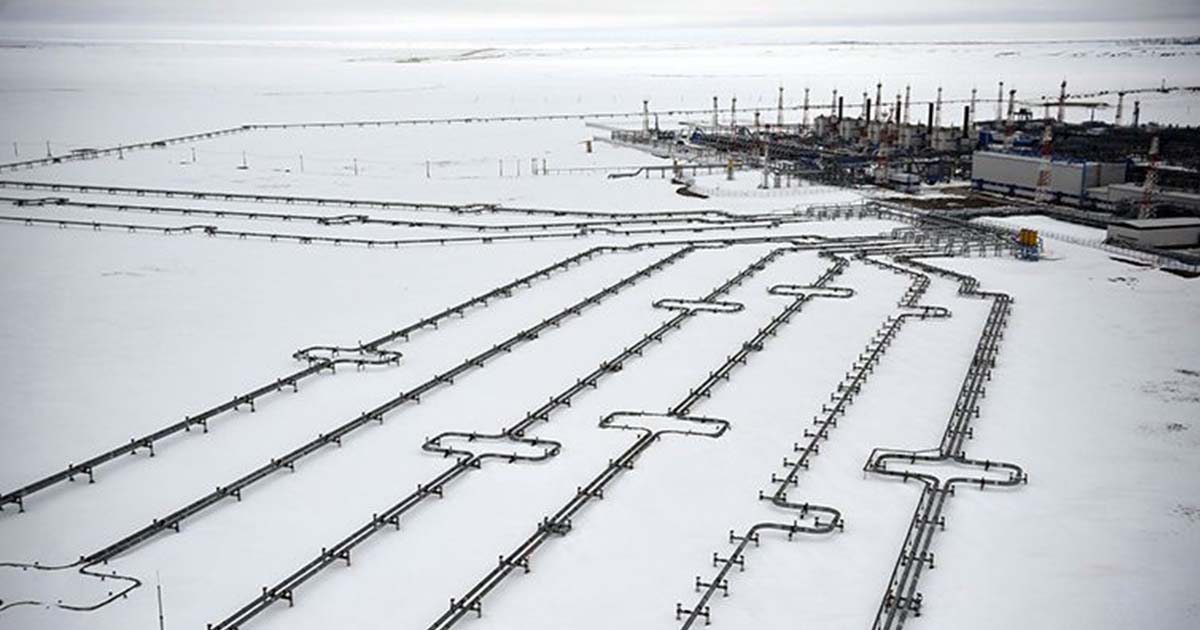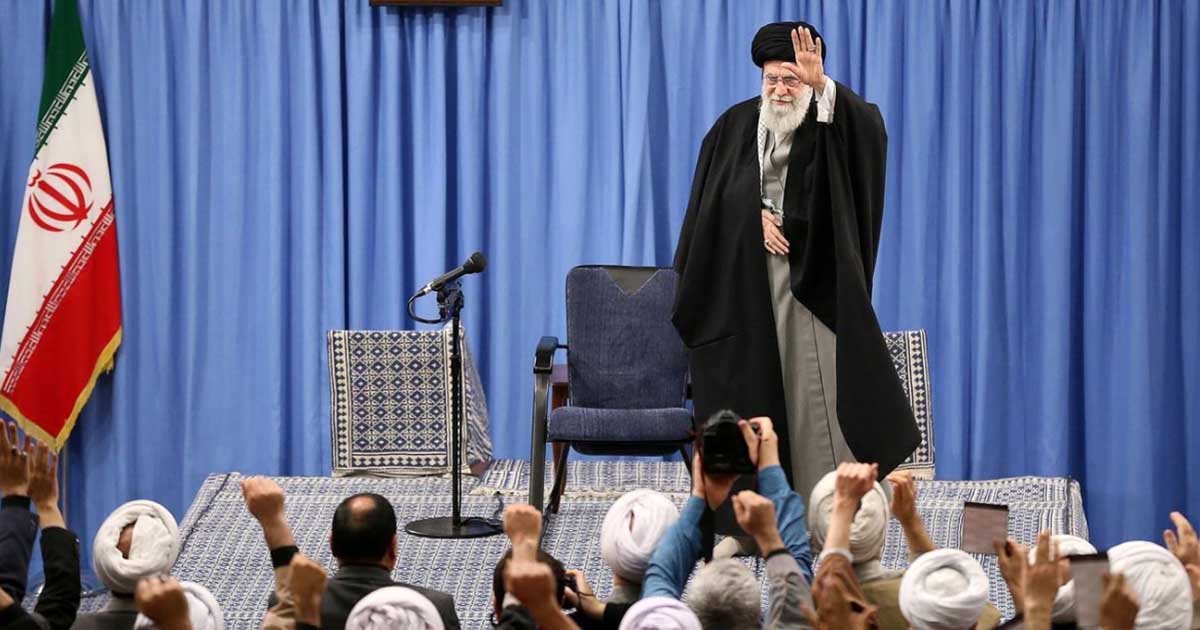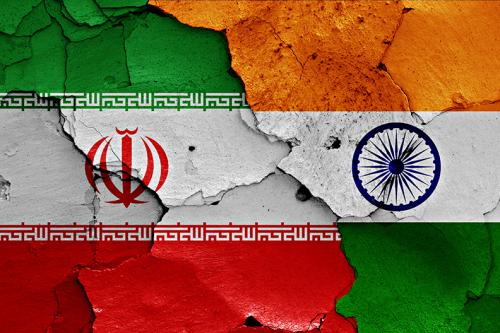Russia hit out Saturday at the US decision to impose sanctions on companies working on the Nord Stream 2 pipeline that will transport Russian gas to Europe.
Russian Foreign Ministry spokeswoman Maria Zakharova slammed the United States, accusing it of seeking to prevent other countries from developing their economies.
The sanctions, which are opposed by the European Union, were included in a sprawling defense spending bill Trump signed at a ceremony on Joint Base Andrews
“A state with $22 trillion in public debt is banning solvent countries from developing their economies,” Zakharova wrote on her Facebook page.
“American ideology does not like global competition. Soon they’ll be asking us to stop breathing.”
#Russian Foreign Minister Sergei #Lavrov has struck a defiant tone, saying the #NordStream 2 and #TurkStream #gas #pipeline projects will be launched despite U.S. #sanctions ! Lavrov said that Russia planned to respond to the new measures. #Ankara #Washington #Erdogan #Trump pic.twitter.com/cW7BVFkvAs
— Tamer Yazar (@tameryazar) December 22, 2019
On Friday, US President Donald Trump signed off on US sanctions against companies building the pipeline that Congress fears will give the Kremlin dangerous leverage over European allies.
The sanctions, which are opposed by the European Union, were included in a sprawling defense spending bill Trump signed at a ceremony on Joint Base Andrews, an air force installation outside Washington, DC.
What is Nord Stream System of Pipelines?
US sanctions target EU companies building the nearly $11 billion pipeline under the Baltic Sea with the aim of doubling deliveries of Russian natural gas to Europe’s leading economy, Germany.
Nord Stream (former names: North Transgas and North European Gas Pipeline) is a system of offshore natural gas pipelines from Russia to Germany. It includes two lines running from Vyborg to Greifswald forming original Nord Stream (Nord Stream 1), and two lines running from Ust-Luga to Greifswald termed Nord Stream 2.
Swiss contractor Allseas suspended its Nord Stream 2 activities while it awaited clarification from the US authorities on the detail of the measures
Nord Stream is owned and operated by Nord Stream AG, whose majority shareholder is the Russian state company Gazprom, and Nord Stream 2 is owned and will be operated by Nord Stream 2 AG, a wholly-owned subsidiary of Gazprom.
The first line of Nord Stream was laid by May 2011 and was inaugurated on 8 November 2011. The second line of Nord Stream was laid in 2011–2012 and was inaugurated on 8 October 2012. At 1,222 kilometres (759 mi) in length, Nord Stream is the longest sub-sea pipeline in the world, surpassing the Langeled pipeline.
https://twitter.com/realDonaldtrodi/status/1208333825769689088
Nord Stream 2 was laid in 2018–2020 and is expected to become operational in 2020. Nord Stream and Nord Stream 2 both have a total annual capacity of 55 billion cubic metres (1.9 trillion cubic feet).
Both projects have always been opposed by the United States as well as several Central and Eastern European countries because of concerns that it would increase Russia’s influence in the region. In recent years this criticism had increased.
Read more: Russia and Ukraine in EU-backed talks to avoid fresh ‘gas wars’
In the first sign that the sanctions were beginning to bite, Swiss contractor Allseas suspended its Nord Stream 2 activities while it awaited clarification from the US authorities on the detail of the measures.
#Berlin, #Brussels & #Moscow criticized #US sanctions against companies building the #NordStream2 pipeline to #Germany.#American #LNG is not competitive to #Russian gas.
US is all for free market competition. If it loses, it uses sanctions. WTF!https://t.co/iDqUtwpPNs— PeakServe ✍️ (@PeakServe) December 23, 2019
US concerns on Nord Stream System?
US lawmakers have been warning that the pipeline would enrich a hostile Russian government and vastly increase President Vladimir Putin’s influence in Europe at a time of heightened tension across the continent.
Russia is a resource-rich land but is also dependent upon its gas export to Europe. The German economy, on the other hand, is hugely depended upon energy sources from Russia. Both Russia and Germany are bound to see US sanctions as interference into the workings of free trade between them.














